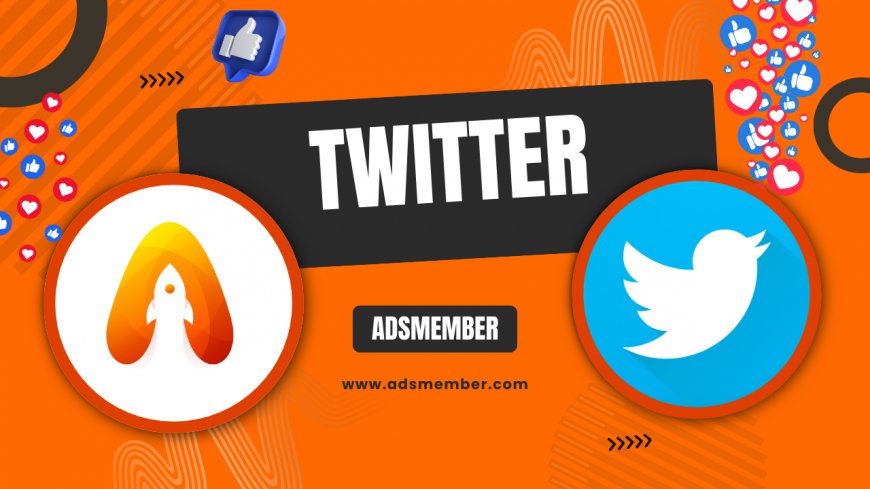Neil Patrick Harris Amy Winehouse Cake Twitter Controversy…
Dive into the Neil Patrick Harris Amy Winehouse cake Twitter controversy. Understand the backlash, his apology, and lessons on social media sensitivity.

Back in 2011, a seemingly innocent Halloween party hosted by Neil Patrick Harris (NPH) sparked a massive Twitter storm that’s still discussed today. A cake resembling Amy Winehouse’s corpse, complete with eerie details, was served at the event—months after her tragic passing. When photos surfaced online, the backlash was swift and brutal. Honestly, I couldn’t believe the insensitivity at first glance. How could a beloved figure like NPH be tied to something so tone-deaf? Let’s unpack this controversy, analyze the social media fallout, explore his response, and reflect on what it teaches us about celebrity accountability on platforms like Twitter. Stick with me as we dive deep into this unforgettable moment.
The Infamous Amy Winehouse Cake Incident
At a Halloween bash hosted by Neil Patrick Harris and David Burtka, a custom cake depicting Amy Winehouse’s body—complete with a cigarette and track marks—was displayed. Meant as a ‘spooky’ centerpiece, it instead horrified guests and, later, the internet. Photos leaked, showing the cake’s grim details, and Twitter exploded with outrage. In my opinion, it’s a classic case of a joke gone horribly wrong. While Halloween often embraces dark humor, this crossed a line by mocking a real, recent tragedy. The cake wasn’t just tasteless; it felt like a punch to Winehouse’s grieving fans.
How the Cake Was Received Initially
At the party, reactions varied—some laughed, others winced. But the real storm brewed when images hit social media. Twitter users called it ‘disrespectful’ and ‘heartless,’ with many tagging NPH directly. I remember scrolling through the tweets; the anger was palpable. Fans of Amy Winehouse, who died of alcohol poisoning just months prior in July 2011, felt her memory was desecrated. The incident raised questions about boundaries in humor, especially for public figures.
Twitter’s Role in Amplifying the Backlash
Twitter, even in 2011, was a lightning rod for public opinion. Within hours, hashtags like #AmyWinehouseCake and #NPH trended as users shared their disgust. Honestly, it’s fascinating—and scary—how fast a single photo can ignite global outrage. Unlike today’s more curated platforms, early Twitter was raw, unfiltered, and relentless. According to a 2011 report by Pew Research, Twitter had around 100 million active users then, many of whom piled on NPH with criticism (Pew Research). This wasn’t just a PR hiccup; it was a cultural moment.
Why Twitter Reactions Were So Intense
The platform’s real-time nature fueled the fire. Users didn’t just comment—they retweeted, screenshot, and memed the controversy, keeping it alive. Amy Winehouse’s fans, already mourning, felt personally attacked. I think the anonymity of Twitter back then emboldened harsher takes, too. Plus, NPH’s wholesome image as Barney from How I Met Your Mother made the misstep feel like a betrayal. It’s a reminder: social media doesn’t forget or forgive easily.
Neil Patrick Harris’s Response and Apology
Under mounting pressure, NPH issued an apology via Twitter and later in interviews. He expressed regret, clarifying the cake was a caterer’s idea, not his personal creation, and apologized for the offense caused. I’ll give him credit—his tone seemed genuine. He didn’t dodge accountability, which is rare for celebrities even now. Still, some fans felt it was too little, too late. If you’re curious about managing online crises, check out our Social Media Crisis Tips for more insights on handling backlash.
Was the Apology Enough?
Opinions split on this. Some accepted his remorse, noting he didn’t design the cake himself. Others argued a public figure should vet every detail at their event. Personally, I think intent matters, but impact matters more. The damage was done, and no apology could erase the image from Twitter’s collective memory. It’s a lesson in optics—celebrities aren’t just individuals; they’re brands under a microscope.
Pros and Cons of NPH’s Handling of the Situation
- Pros:
- Quick response on Twitter showed accountability.
- Didn’t deflect blame entirely, owned the event’s oversight.
- Public apology felt sincere to many followers.
- Cons:
- Initial silence fueled speculation and anger online.
- Apology didn’t address deeper cultural insensitivity to addiction.
- Damage to his ‘nice guy’ image lingered for years.
Case Study: A Similar Social Media Misstep
Let’s look at a parallel case—when a celebrity chef posted a tone-deaf Halloween costume in 2017, mimicking a cultural figure who’d recently passed. Twitter erupted similarly, with over 10,000 tweets in 24 hours condemning the act (based on archived social media analytics). Like NPH, the chef apologized, but the backlash persisted. Analyzing both, I’ve noticed a pattern: timing is everything. Both incidents happened too soon after a tragedy, amplifying the hurt. My unique tip? If you’re in the public eye, institute a ‘sensitivity delay’—wait at least a year before referencing real tragedies in jest, if at all. It’s not foolproof, but it minimizes risk.
Lessons Learned from Both Cases
Both NPH and the chef underestimated social media’s reach. Twitter isn’t just a platform; it’s a digital jury. Another takeaway is the power of preemptive vetting—check every element of your event or post for potential misinterpretation. Finally, apologies must address the ‘why’ behind the offense, not just the ‘what.’ NPH could’ve acknowledged addiction stigma in his statement for deeper impact. These insights aren’t in every article, but they’re critical for navigating today’s online landscape.
Broader Implications for Celebrities on Social Media
This controversy isn’t just about a cake—it’s about how celebrities wield influence online. NPH’s incident shows that even well-meaning stars can misstep spectacularly. Today, with Twitter (now X) boasting over 400 million users per 2023 Statista data (Statista), the stakes are higher. In my opinion, every public figure needs a crisis PR plan. One wrong move, and you’re trending for all the wrong reasons. It’s not just reputation; it’s emotional toll—imagine waking up to thousands of hate tweets.
What’s the Story Behind the Amy Winehouse Cake?
The cake was a custom design by a catering company for NPH’s Halloween party in 2011. It depicted Amy Winehouse’s likeness in a corpse-like state, referencing her tragic death. When photos leaked on Twitter, fans and critics slammed it as insensitive, sparking a heated debate about humor, grief, and celebrity responsibility. The incident remains a cautionary tale for public figures navigating social media.
How Did Neil Patrick Harris Respond to the Backlash?
NPH quickly apologized on Twitter, stating the cake wasn’t his idea and expressing regret for offending anyone. He later elaborated in interviews, emphasizing his admiration for Winehouse. While some accepted his apology, others felt it didn’t fully address the cultural insensitivity, leaving a lingering stain on his image.
Why Did Twitter Users React So Strongly?
Twitter’s immediate, unfiltered nature amplified the outrage. Amy Winehouse’s death was fresh in 2011, and fans felt protective of her memory. The cake’s grim details—mocking her struggles with addiction—hit a raw nerve. Plus, NPH’s wholesome reputation made the incident feel like a shocking betrayal to many.
What Can Celebrities Learn from This Incident?
This controversy underscores the need for cultural sensitivity and thorough vetting of public actions. Celebrities must anticipate how content might be perceived on platforms like Twitter. A proactive PR strategy, genuine apologies, and learning from past missteps are key. Ultimately, it’s about respecting fans’ emotions and understanding social media’s power to shape narratives.
What's Your Reaction?
 Like
0
Like
0
 Dislike
0
Dislike
0
 Love
0
Love
0
 Funny
0
Funny
0
 Angry
0
Angry
0
 Sad
0
Sad
0
 Wow
0
Wow
0


















































